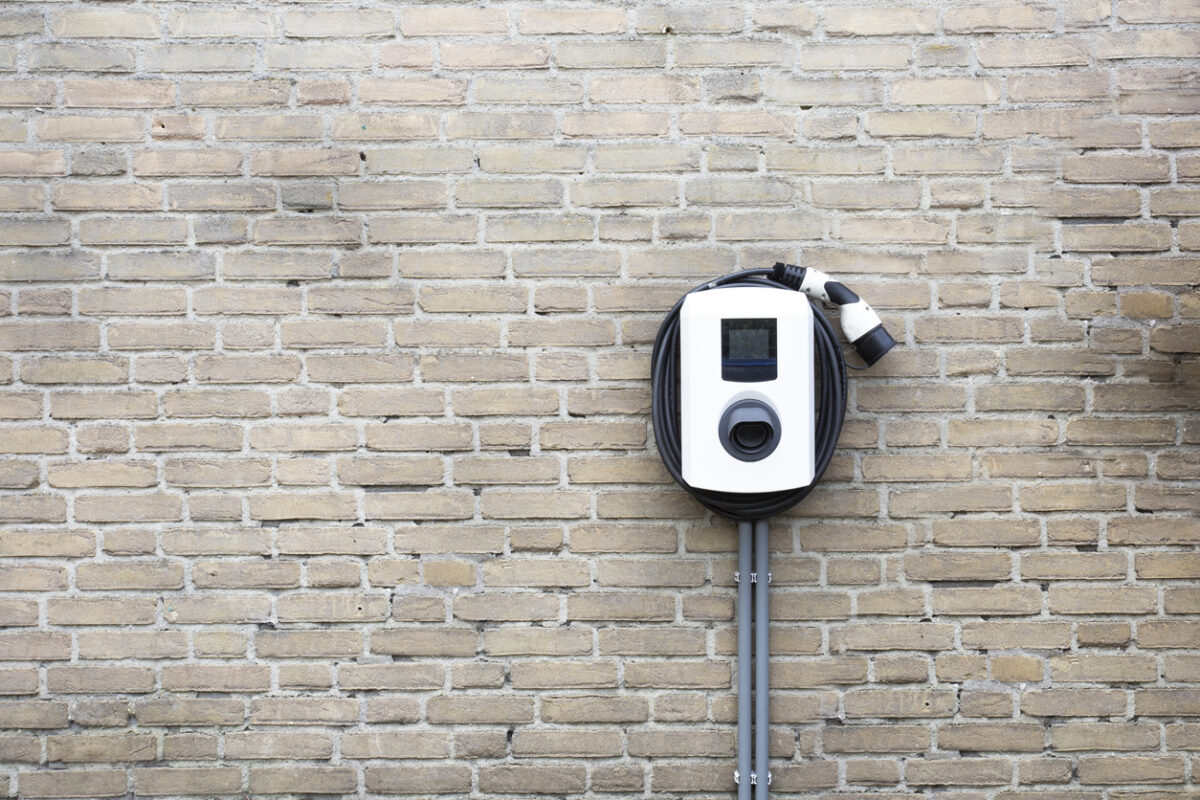Overview:
- Electric vehicle drivers are one casualty of Michigan's last-minute budget, writes Charles Griffith.
- Griffith is director of climate and energy programs at the Ann Arbor-based Ecology Center.
- "Raising EV fees to the highest in the nation takes us in the wrong direction, punishing families who are part of the solution," he says.
In the last-minute rush to adopt a state budget, one casualty in the road funding package was a fair, forward-looking approach for electric vehicle drivers.
House Bill 4183 passed early Friday morning with a provision that significantly raises registration costs for EVs. As a result, annual fees for EV drivers will rise by $100, making the cost $260. That increase makes Michigan No. 1 in the nation for the highest, most punitive fees on EVs. A similar increase will be imposed on plug-in hybrids, from $60 to $110.
This outcome is deeply troubling, but it is not irreversible. It is up to the Legislature to solve the problem they created by lowering EV and plug-in hybrid fees to more closely reflect what comparable gasoline-powered vehicles pay. That approach would ensure EV drivers contribute their fair share, while protecting Michigan from being the costliest state in the country for EV ownership.
This fix is essential, because the new policy places a disproportionate burden on a small group of drivers who, according to our research, are already contributing more toward road funding compared to similar gasoline vehicles.
According to the state’s budget estimates, the newly passed measure would only generate $8.3 million in additional road revenues. That amount is negligible in the context of Michigan’s multibillion-dollar transportation budget, but it would create the nation’s highest financial barrier for families who choose to drive electric.
Michigan has built an economic strategy on becoming a hub for clean mobility and electric vehicle manufacturing. Automakers, suppliers, and communities across our state have and are investing in the transition. But the transition hasn’t been easy, and has come under strain by increased foreign competition, tariffs, and the elimination of federal tax incentives.
By increasing EV registration fees, lawmakers risk further undercutting the state’s clean mobility strategy and sending the wrong signal to businesses that are creating jobs in our state.
The costs of this decision, of course, fall on Michigan families. These high fees make it more expensive to own and operate an EV, hitting hardest the households already burdened by high transportation costs and looking to EVs as a way to save money and breathe cleaner air. Instead of supporting these benefits, the state is discouraging adoption and slowing progress toward transportation electrification.
Michigan has a proud legacy as the auto capital of the world, and our future depends on leading the shift to clean mobility. Raising EV fees to the highest in the nation takes us in the wrong direction, punishing families who are part of the solution.
It is now up to lawmakers to correct this imbalance and enact an approach that keeps Michigan competitive, supports innovation, and ensures all drivers contribute fairly to our roads.
Planet Detroit’s Voices column includes opinion pieces from our community of partners and readers. These pieces express the voices of the authors and not necessarily those of the publication.
MORE PLANET DETROIT VOICES
VOICES: Finding fish and family tradition near Zug Island in the Rouge River’s industrial heart
It was a clear summer day, and so I decided to drive back from a meeting in Detroit to my Downriver home along the slower, more interesting Jefferson Avenue route, instead of the quicker I-75 one. Jefferson Avenue meanders along the Detroit River through industrial property and brownfield sites (former industrial or commercial properties where…
VOICES: EPA endangerment finding rollback ignores climate reality
The EPA’s rollback of the endangerment finding, a key ruling acknowledging greenhouse gases as a public health threat, dismisses scientific consensus and exacerbates health challenges for communities already facing climate change impacts, write Alexander Rabin and Lisa DelBuono.
VOICES: Artificial food dyes are a Red (40) herring while feds decimate public health
The Trump administration’s actions in the public health arena contradict its “Make America Healthy Again” language, writes Teresa Homsi, the deputy director of the Michigan Clinicians for Climate Action.





